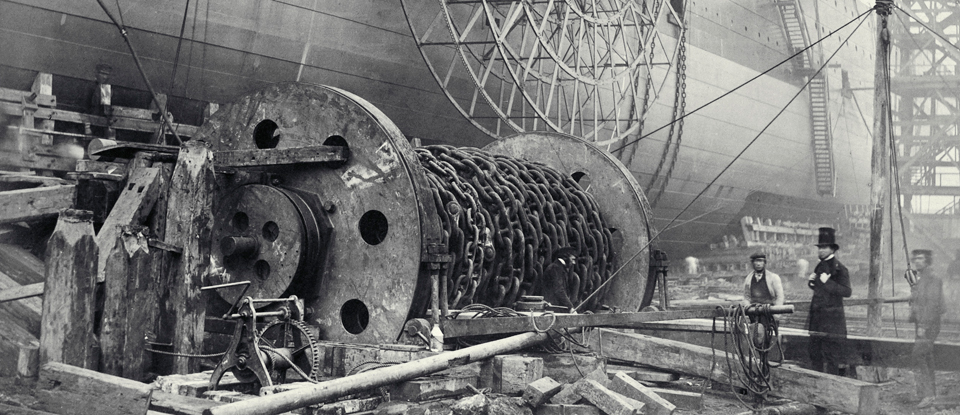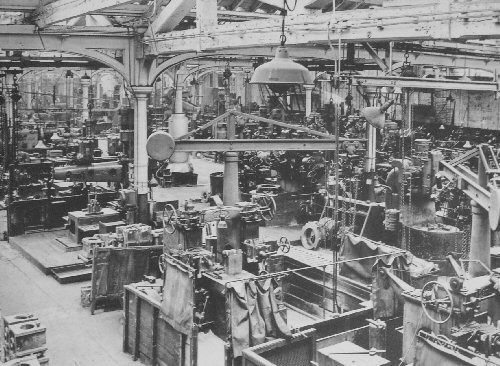The era known as the Industrial Revolution was a period from the 18th to the 19th century in which fundamental changes occurred in agriculture, textile and metal manufacture, transportation, economic policies and the social structure in England. The Industrial Revolution marks a major turning point in human history, almost every aspect of daily life was eventually had an impact in some other way. Most recognizable is that the average income and population began to manifest in unseen substantial growth.

The introduction of steam power fueled only by coal, wider utilization of water wheels and powered machinery. The progression of all-metal machine tools in the first two decades of the 19th century made it possible for the manufacture of more production machines for assemble in other industries. The effects spread throughout Western Europe and North America during the 19th century, eventually affecting most of the world, a process that continues as industrialization. The influence of this change on society was immense.

Working Conditions
For the first generation of workers from the 1790s to the 1840s their working conditions were very tough, and sometimes saddening. Most grunts worked 10 to 14 hours a day, six days a week, with no paid vacation or holidays. Each industry had safety hazards to the process of purifying iron, for example, demanded that workers exert oneself amongst temperatures as high as 130 degrees in the coolest part of the ironworks. Under such dangerous conditions, accidents on the job occurred frequently. A report commissioned by the British House of Commons in 1832 observed that "there are factories, no means few in number, nor confined to the smaller mills, in which serious accidents are continually occurring, and in which, in spite of the fact that, dangerous parts of the machinery are allowed to remain unfenced". The report contributed the information that workers were often "abandoned from the moment that an accident occurs; their wages are stopped, no medical attendance is provided, and whatever the extent of the injury, no compensation is afforded". As the Sadler report shows, injured workers would usually lose their jobs and also receive no financial compensation for their injury to pay for much needed health care. Many of the unemployed or underemployed were skilled workers, such as hand weavers, whose talents and experience became futile because they couldn’t take part with the efficiency of the new textile machines. In 1832, one observer saw how the skilled hand weavers had lost their way and were reduced to starvation. “It is truly lamentable to behold so many thousands of men who formerly earned 20 to 30 shillings per week, now compelled to live on 5, 4, or even less”. In 1799 and 1800, the British Parliament passed the Combination Acts, which made it illegal for workers to unionize, or combine, as a group to ask for better working conditions.



.png)

No comments:
Post a Comment